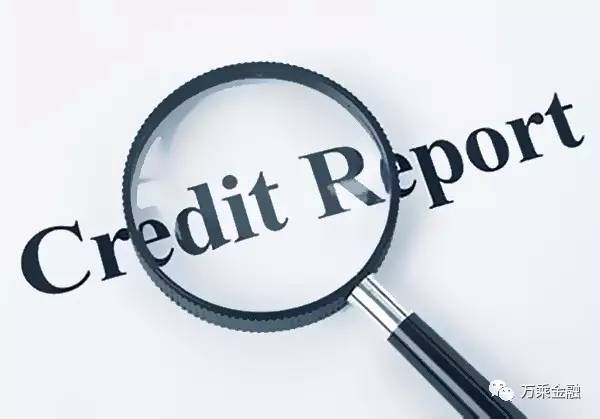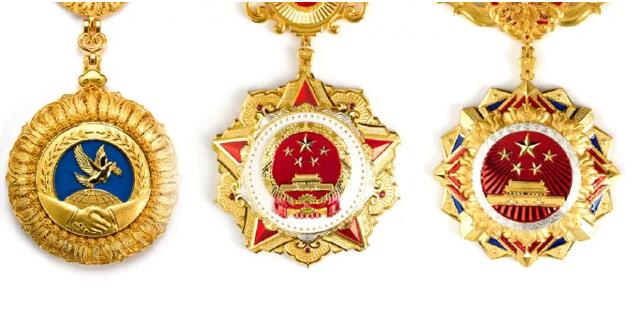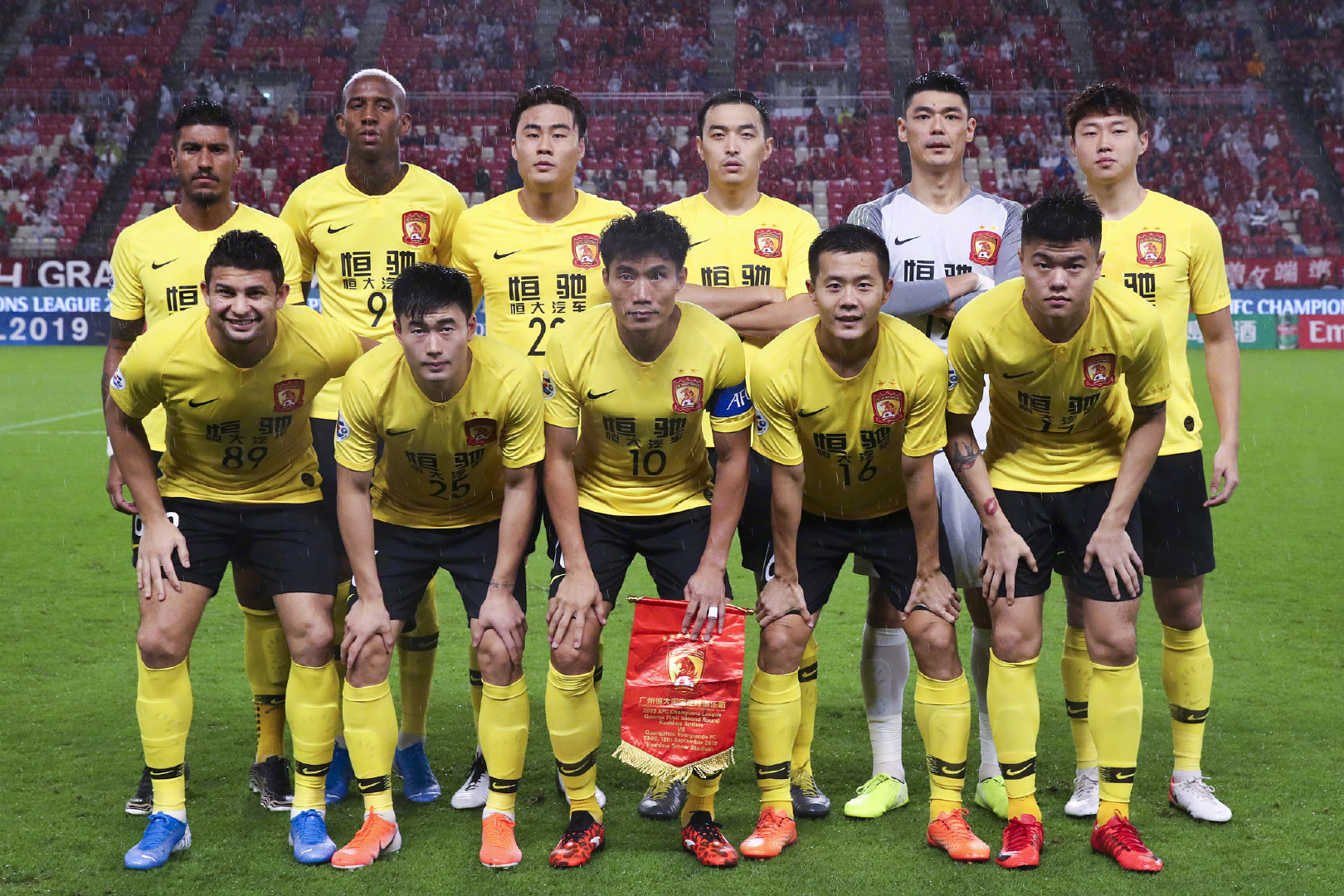Alibaba once again returned to the Hong Kong Stock Exchange. In November 2019, Alibaba again landed in the Hong Kong Stock Exchange to issue an additional H-share model for listing in Hong Kong and the United States. But at this time Ali, and the first time the E-commerce new show of the Hong Kong Stock Exchange,12 years ago, the main customer situation has been completely reversed. Mr. Ali's H-share offer is more like Alibaba's support for the HKEx. As soon as Mr. Ma's first day of listing on the United States has promised, we will be back! "Mr. Zhang, the chairman of Alibaba's current board of directors, also responded to the commitment:" In 2014, when Alibaba was listed, it was a pity that we missed Hong Kong. But I hope The idea of being able to go public in Hong Kong has not changed. We've said long ago, and if the conditions allow, we'll be back. In the past few years, Hong Kong's capital markets have undergone many major reforms and are encouraging and, therefore, we have chosen to honour their past commitments. "
What's the future of Ali? For the next 12 years, we're still waiting for the future.
Alibaba first listed on the Hong Kong Stock Exchange in 2007. This is also eight years after starting a business, Alibaba and the open capital market for the first time contact. Alibaba split up his B2B business. IPO issued 859 million shares, of which 631.5 million were old shares at HK $13. 5 each, raising a total of US $1.5 billion, with a total market capitalization of HK $11.6 billion. The market capitalization reached $28 billion on the opening day, becoming the first Chinese Internet company with a market capitalization of more than $20 billion. This became the first label of Alibaba in the open capital market. At the time, Alibaba was proud of two things: one was to take care of Sun Justice in 20 minutes, and the other was to persuade Yahoo founder Jerry Young to sell the China business to Ali. Ali, with the help of Softbank Corp. and Yahoo, quickly absorbed resources and brought the company to a bigger level through Hong Kong stock IPO. But for a short time, the economic crisis caused by the subprime crisis in 2008 has caused the global stock market to plunge and the share price of Alibaba's B2B business has broken, and the one-way fall and the trading downturn. In the end, Jack Ma, in the capital market, chose to privatize Alibaba in May 2012. HK $1.5 billion in Hong Kong's return to the city at HK $13.5. So far, Alibaba has redrawn its boundaries with the open-capital markets. After all, the open market and the private-equity market have different evaluation scales on the pricing logic and performance expectations, and the secondary market is hard to tolerate long-term losses of uncertainty.
In 2010, the domestic issuance of tripartite payment regulatory measures stipulated that if the tripartite payment company has foreign investment, it needs to be examined and approved separately, and if it is not possible to obtain the approval, it must be closed the following year. This was definitely a life-and-death blow to Ali, which had already won 50% third-party payment market share at the time, and Jack Ma ended up redeeming Alipay with huge liquidated damages in the face of such a life-and-death attack and defense, which was a blockbuster Alipay agreement.
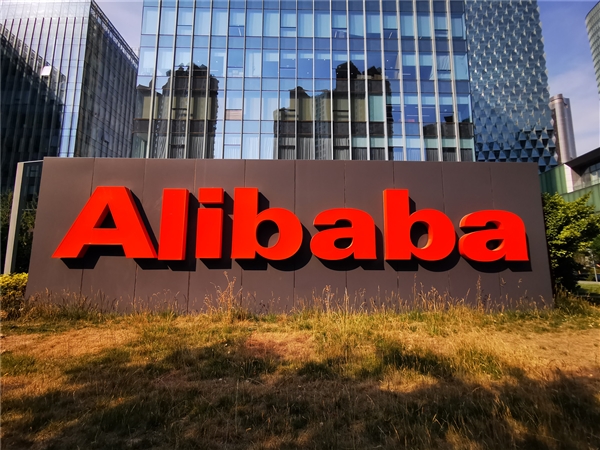
Alibaba's three port-share trip has almost become a textbook-level case for an enterprise's capital operation. Ali is almost a living case, explaining how to make a capital market choice. But it's almost certain that the H-share must not be the last stop for Alibaba's capital market, and China's capital markets still have a bigger future, waiting for the Chinese global giant.
On 26 November, at 9:30 a.m., the Alibaba Group (09988) was officially listed on the HKEx and opened for HK $187. After seven years, Alibaba has returned to the Hong Kong Stock Exchange for its successful listing, with a market value of $4 trillion and more than 3.2 trillion of Tencent, becoming the first Chinese Internet company to implement the N + H market. According to the prospectus, Alibaba's 500 million new shares, and an additional 75 million oversubscription rights, are priced at HK $1.12 billion (about $1.3 billion) at Hong Kong for the largest global scale in 2019 New issue. However, for Alibaba, the return to Hong Kong listing, the more important meaning is "go home "!
Just in September of the delisting year, Alibaba announced a plan to buy back shares held by Yahoo at a price of $7.6 billion, "Cash Ali Group shares," thus completely completing the decentralization caused by Alibaba's spin-off business in the past. Several key actions of subsidiary equity absorption and merger have basically revealed Ali's future capital layout plans. After the stock exchange was completed, Jack Ma and the team, Softbank Corp., Yahoo had a voting ratio of about 2, 1, 000. Ma Yun returned to the state that was most beneficial to his future capital operation. At this point, Alibaba promoted the partner plan to put the company's The right to decide on long-term development is firmly bound to the partner system. Because of the different rights of the same shares and Alibaba's partner system, the path of re-listing of Ali's Hong Kong Stock Exchange in 2013 was directly restricted. The HKEx is of the view that the time-to-market distribution system could not support Alibaba's special management structure, although the HKEx has been known for market and flexibility in the capital market, even if it is a new and beautiful control of the Luxembourg company's structure, But it eventually led to Alibaba's $100-billion-dollar future Internet giant and the exchange arm of the Hong Kong Stock Exchange. In the process of homeopathy, Ma Yun completed both the switching and the layout of the business, and also completed the reorganization of the control and the equity, and moved the space for the next round of capital operation.
This is the third intersection of Alibaba and the Hong Kong Stock Exchange. Each intersection has a memorable significance. Remember the first 12 years ago, when Ma Yun and Ali were new to the capital market, looking forward to borrowing Hong Kong stocks to complete the counterattack of life. For the second time, Ma Yun disagreed with the Hong Kong Stock Exchange for Alibaba's tomorrow. For the third time, Alibaba came back again, no longer looking up and playing games in the past, but standing firmly behind the HKEx.
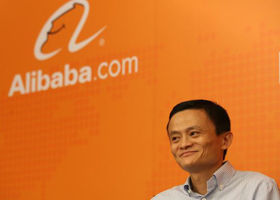
After the HKEx's IPO was blocked, Mr. Ma chose to go to the United States. In September 2014, the New York Stock Exchange of the company was listed and issued an equity of 320 million shares, offering $68/ share, financing $2.2 billion, with a total market value of $228.5 billion. Once again, a record of the highest-equity IPO at that time was set. In 2007-2014, for seven years, Ali not only completed its own growth at ten times its market value, but the equity structure was more likely to be firm and internalized, and the partner's mechanism was firmly in control of the group of Ali, who had been heavily diluted by financing. This gives Ali the mobile interconnection, the big entertainment, the finance, the multi-business status On various high-growth tracks, such as sales, the firm has laid a solid foundation. In 2019, Alibaba's operating income has reached 3700 billion yuan, net profit is close to RMB 9 billion, and the market value is close to $50 billion, equivalent to 3.5 trillion yuan. At this time, Alibaba's business model has also expanded to the "Core business + cloud computing + digital media + entertainment business + innovative business" 's comprehensive Internet ecosystem from the original B2B business of the first Hong Kong-stock IPO.
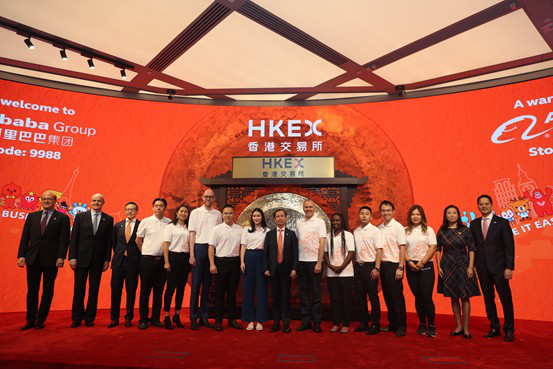
(Picture Source:Sogou)
